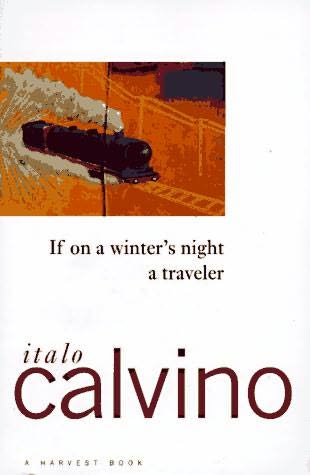The first story was intersting but again I feel like I dont really understand the way Jorge Luis Borges writes fiction. I would expect his "stories" to be stories however they are usually analyzing some other story. However the story that he was talking about seemed really interesting and I think I would have enjoyed reading the book about the runaway law student and all his findings and plitical beleifes. since these writing are fictional my question is, do the stories he refers to (the 1932 version and the 1934 edition of this novel) actually exist or does he make them up for his writtings?
Pierre Menard, author of the Quixote is about Menard whote wrote a better version of someone else story it is intersting becuse while the story is written better than the origional I don'd know weather it is fair that he took someone elses story instead of writing his own. Jorge Luis Borges also wrote this fictional peice in a way that was somewhat boring and hard to understand again making me wonder why he writes in this way.
The blog for SUNY Binghamton's Spring'09 COLI 214B 02 Literature and Society Class. Chapter summaries, analyses and discussion of prescribed texts written by students.
Showing posts with label Pierre Menard. Show all posts
Showing posts with label Pierre Menard. Show all posts
Sunday, April 12, 2009
Friday, March 27, 2009
Robert Stevens
This story is another literary review, but this time of an author that does not and has never existed, Pierre Menard. It starts with a list of his previous works, along with various credits to selected European Nobility. The story goes on to cover how Menard became obsessed with the translation of Miguel de Cervantes’ Don Quixote. Rather than just translate the story, he decides to “recreate” it, line for line.
Instead of retelling the story as Cervantes had originally written it, he set the story in “the land of Carmen” and made the story much richer in his translation that it had ever been originally.
This, at least, is the opinion of the reviewer. In reality, the entire translation is merely a line-for-line reprint of Cervantes’ story. This is shown in the quotations between Menard and Cervantes in the review. The reviewer however, believes that Menard’s version has become richer simply because it is a reproduction, and the fact that he can reproduce the language of Cervantes so far in the future from him that is a major reason why.
The Italians have a phrase: "traduttore, traditore" which means “Translator, Traitor.” It basically means that when a work is translated, the original meaning is lost, and thus, the work becomes useless. I think this phrase has some meaning here because the reviewer is trying to paint Menards translated version of Don Quixote as better than Cervantes’ original work. He does not know what Cervantes was thinking when the story was written, or what messages he was necessarily trying to convey, so in essence, Menards translation has distorted and lost the original purpose of the story and replaced it with another meaning.
Instead of retelling the story as Cervantes had originally written it, he set the story in “the land of Carmen” and made the story much richer in his translation that it had ever been originally.
This, at least, is the opinion of the reviewer. In reality, the entire translation is merely a line-for-line reprint of Cervantes’ story. This is shown in the quotations between Menard and Cervantes in the review. The reviewer however, believes that Menard’s version has become richer simply because it is a reproduction, and the fact that he can reproduce the language of Cervantes so far in the future from him that is a major reason why.
The Italians have a phrase: "traduttore, traditore" which means “Translator, Traitor.” It basically means that when a work is translated, the original meaning is lost, and thus, the work becomes useless. I think this phrase has some meaning here because the reviewer is trying to paint Menards translated version of Don Quixote as better than Cervantes’ original work. He does not know what Cervantes was thinking when the story was written, or what messages he was necessarily trying to convey, so in essence, Menards translation has distorted and lost the original purpose of the story and replaced it with another meaning.
Labels:
Author of the Quixote.,
Pierre Menard
Subscribe to:
Posts (Atom)





